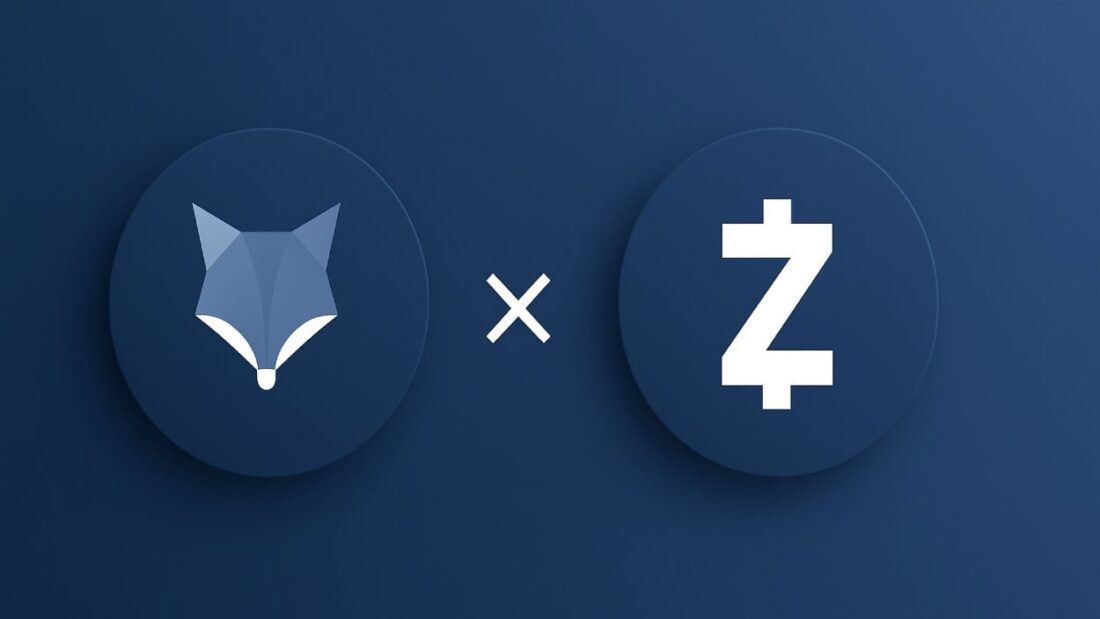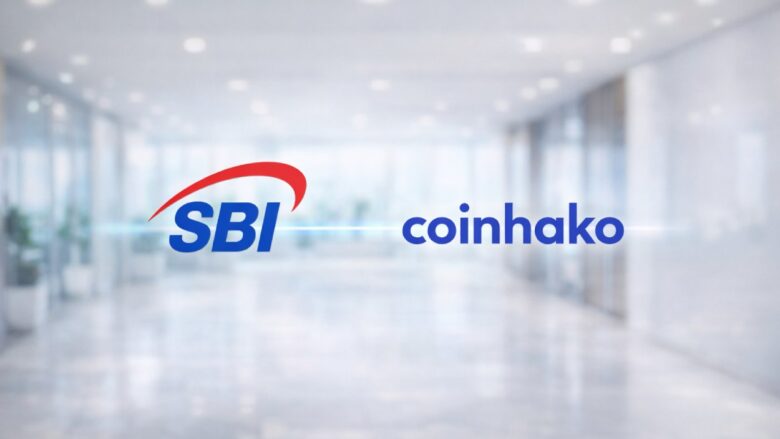ShapeShift has integrated Zcash shielded transactions into its self-custodial platform, making it one of the first decentralized exchanges to offer true onchain privacy for users across multiple blockchains.
Key Takeaways
- ShapeShift has added support for Zcash shielded transactions, allowing private swaps across chains like Bitcoin, Ethereum, and Arbitrum.
- A $50,000 grant from Zcash Community Grants helped fund the technical integration and marketing efforts.
- The update includes a new Uniswap-style, mobile-optimized interface, and improved infrastructure using Liquify’s node network.
- This marks a philosophical return to privacy-first principles after ShapeShift’s earlier delisting of privacy coins under centralized control in 2020.
What Happened?
ShapeShift has announced a major update that allows users to swap Zcash (ZEC) using shielded transactions, fully preserving user privacy while keeping assets self-custodied. This integration sets ShapeShift apart as one of the first decentralized exchanges to offer private crypto trading without relying on centralized intermediaries or requiring Know Your Customer (KYC) verification.
Privacy is normal. https://t.co/ORzPKLQQEf
— ShapeShift (@ShapeShift) October 6, 2025
A New Chapter in ShapeShift’s Privacy Mission
This move comes after ShapeShift transitioned from a centralized exchange to a fully open-source Decentralized Autonomous Organization (DAO). Back in 2020, regulatory pressure led ShapeShift to delist privacy coins like Zcash. But that was under its old structure. Today, governed by its community and powered by the FOX token, ShapeShift operates with a renewed focus on decentralization and privacy.
The integration was made possible in part by a $50,000 grant from Zcash Community Grants, aimed at accelerating both the technical buildout and outreach efforts. With this support, ShapeShift was able to upgrade its backend infrastructure using Liquify’s node network, which now allows for faster execution, higher reliability, and easier blockchain onboarding.
Shielded ZEC Swaps Across Chains
With Zcash now fully integrated, ShapeShift users can perform private swaps of ZEC across major blockchains such as Bitcoin, Ethereum, and Arbitrum, all while maintaining complete control over their keys. This is a rare feature in the DEX world, where most platforms either do not support privacy coins or require centralized controls.
The platform interface has also been redesigned, drawing inspiration from Uniswap to create a cleaner, more responsive swap experience tailored for mobile use.
Standing Firm Amid Regulatory Headwinds
The integration of Zcash comes at a time of increasing scrutiny on privacy tools in crypto. Reports suggest that by 2027, the European Union may ban privacy-preserving tokens and anonymous wallets under its Anti-Money Laundering (AML) regulations. ShapeShift and Zcash, however, remain committed to digital freedom.
Chris McCarthy, Tokenomics Workstream Leader, echoed that sentiment:
Zcash: Privacy Technology at Its Core
Zcash uses zero-knowledge proofs (ZK-proofs) to enable shielded transactions that protect the sender, receiver, and transaction amount. These cryptographic techniques allow users to verify information without exposing their data, and Zcash has long been seen as a pioneer in privacy-enhancing blockchain tools.
As Arthur Firstov from crypto payment processor Mercuryo noted, “Privacy is the foundation of trust.” And ZK-proofs are central to maintaining that trust in blockchain networks.
CoinLaw’s Takeaway
In my experience covering crypto innovation, this is a standout moment for decentralization. ShapeShift is doing what many centralized exchanges cannot, enabling real privacy without sacrificing user control. It’s not just a technical upgrade. It’s a recommitment to the values that sparked the crypto movement in the first place: privacy, sovereignty, and trust through code. I found it especially powerful that ShapeShift is reversing its past delisting of Zcash and turning it into a full embrace of user privacy. This is the kind of bold, user-first innovation the industry needs more of.


































































